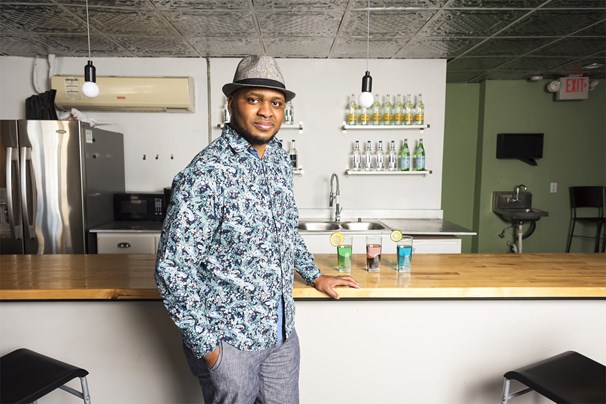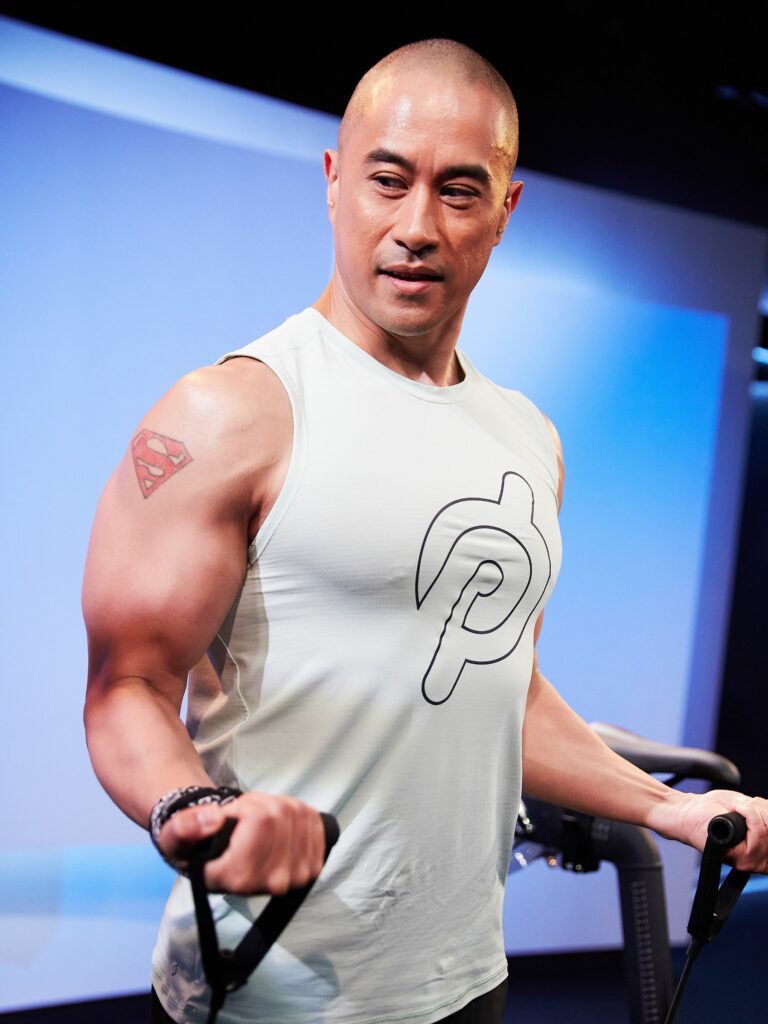Addiction trends have accelerated during COVID-19 as stress levels increase and support networks crumble. Meet eight men who have faced their struggles – many of them decades before this pandemic mess – and discovered new, improved versions of themselves through recovery as well as life lessons we can all learn from.
People in recovery will tell you that addiction isn’t just about neurochemical dependency, or intoxicating substances, or thrill-seeking behaviours. Addiction is also connected to control, security and self-worth – all of which have taken a massive beating during the pandemic.
When US Men’s Health polled 1111 people through SurveyMonkey, 75 per cent of respondents said they are close to someone struggling with addiction and 40 per cent reported an increase in cravings for addictive substances or behaviours. In Australia, a survey from the Drug and Alcohol Foundation found 12 per cent of people began consuming alcohol on a daily basis when COVID-19 began last year. One reason: they didn’t have other people around to keep them feeling connected, grounded and upbeat, says Dr Ken Duckworth, chief medical officer for the US National Alliance on Mental Illness.
The fraying of connectivity can trigger addictive behaviours – alcohol, painkillers, drugs, porn, gambling –and relapse for those in recovery. There’s also still a stigma attached to addiction, which means people often suffer in isolation. Psychiatrist Dr Ximena Sanchez-Samper says that to fight the stigma, it helps to reframe addiction as an illness: “If you think about patients that have cancer and have been able to beat their cancer, what do they call themselves? Survivors.”
The men profiled here all pushed through the stigma to get help. And beyond managing their addictions –sometimes after a few attempts – they found something else. They discovered that sobriety wasn’t an end but rather a means to a stronger, happier, healthier life.
Wait, Do I Have a Problem?
Experts point toward these five common signs that indicate whether you should seek help
Craving
Addiction hijacks your desires. Do you fixate on experiencing the effects of a substance or behaviour? Does your behaviour change if something keeps you from using?
Compulsion
Addiction is overpowering. Are you obsessively thinking about a substance or behaviour, making it hard to think about anything else?
Loss of control
Addiction lowers the bar in terms of holding yourself accountable. Are you setting rules or limits for your behaviour, only to consistently fall short?
Continued use despite consequences
Addiction often causes you to struggle at work and in your relationships. Are you making excuses or explaining away those struggles?
Chronic negative behaviour
Addiction monopolises your time. Are you leaving work early to meet up with a dealer or skipping your kid’s soccer game because
you’re hungover?
Many of these issues go hand in hand. If you’re experiencing one or two regularly, it’s likely the other C’s will follow. Externalise the issue in order to better confront it, says Dr Sanchez-Samper: “I have this. I can recruit other people to help me with this”. Shame and guilt won’t work – honesty and support will.
























